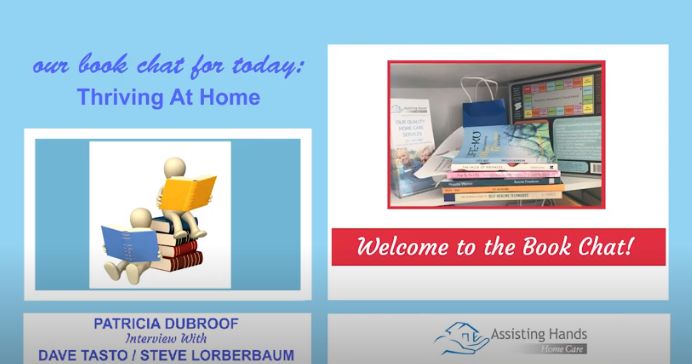
October is Health Literacy Month. Do you know what health literacy means and how it can impact the quality of senior care and overall wellbeing? Here’s a quick guide from health.gov that breaks it all down.
Health literacy is the degree to which individuals have the capacity to obtain, process, and understand basic health information and services needed to make appropriate health decisions.
Health literacy is dependent on individual and systemic factors:
- Communication skills of lay persons and professionals
- Lay and professional knowledge of health topics
- Culture
- Demands of the healthcare and public health systems
- Demands of the situation/context
Health literacy affects people’s ability to:
- Navigate the healthcare system, including filling out complex forms and locating providers and services
- Share personal information, such as health history, with providers
- Engage in self-care and chronic-disease management
- Understand mathematical concepts such as probability and risk
Health literacy includes numeracy skills. For example, calculating cholesterol and blood sugar levels, measuring medications, and understanding nutrition labels all require math skills. Choosing between health plans or comparing prescription drug coverage requires calculating premiums, copays, and deductibles.
In addition to basic literacy skills, health literacy requires knowledge of health topics. People with limited health literacy often lack knowledge or have misinformation about the body as well as the nature and causes of disease. Without this knowledge, they may not understand the relationship between lifestyle factors such as diet and exercise and various health outcomes.
Health information can overwhelm even persons with advanced literacy skills. Medical science progresses rapidly. What people may have learned about health or biology during their school years often becomes outdated or forgotten, or it is incomplete. Moreover, health information provided in a stressful or unfamiliar situation is unlikely to be retained.








